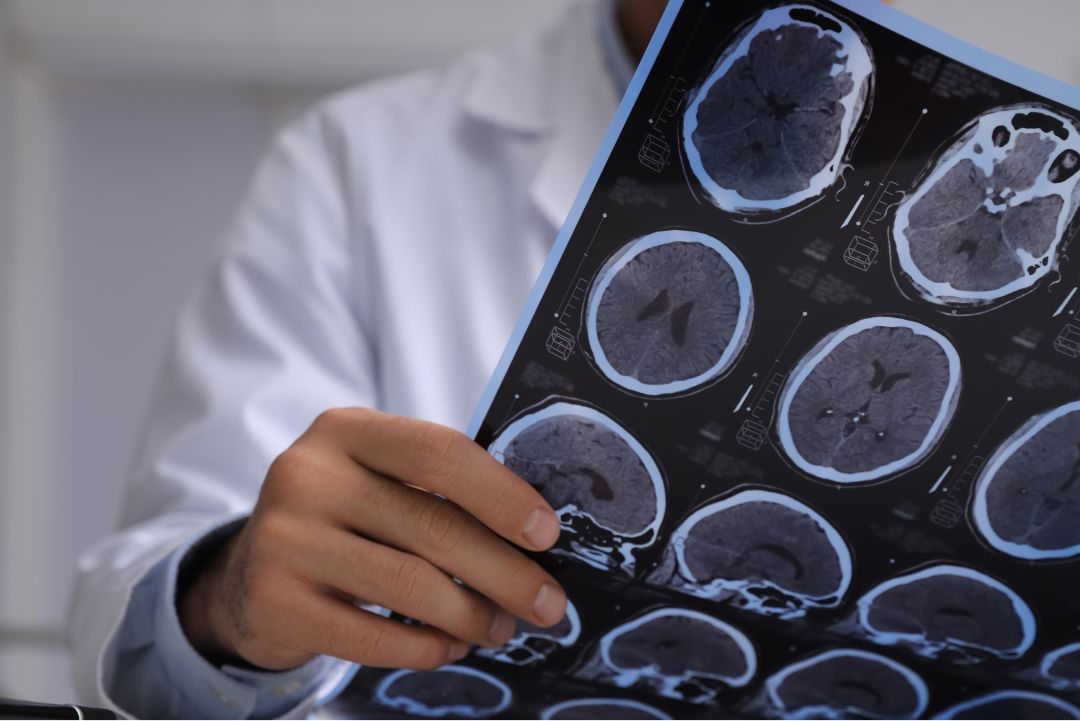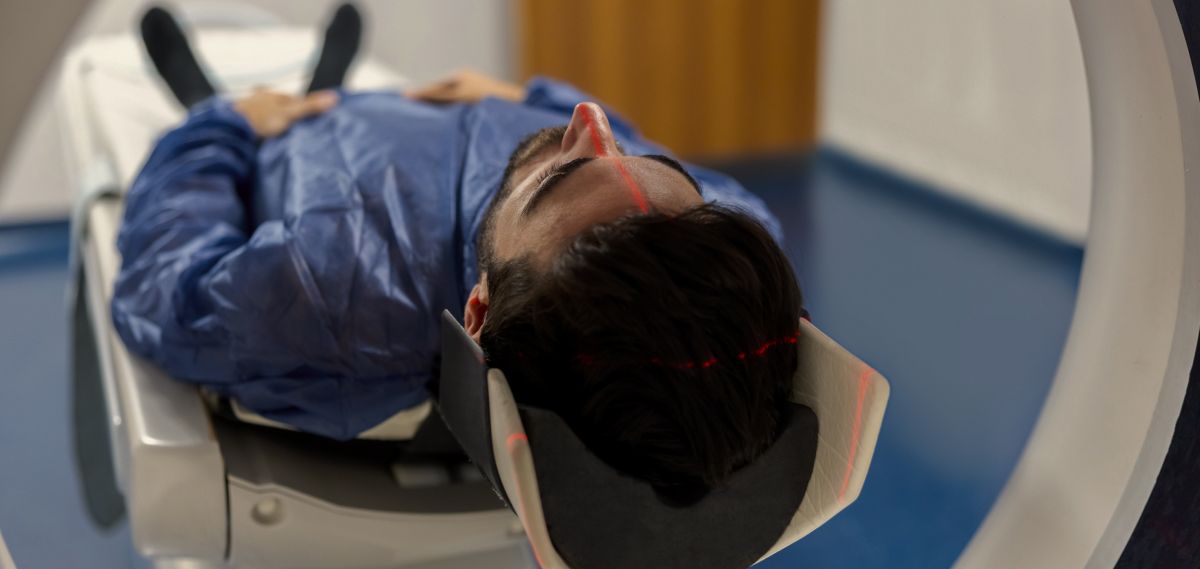
Don't Get Dizzy on the Road to Recovery: Why Vestibular Assessments Matter After TBI


Following a traumatic brain injury (TBI), regaining balance and stability is crucial for returning to daily activities. However, many people with TBI experience dizziness, vertigo, and difficulty with coordination – symptoms that often point to a vestibular injury. A vestibular assessment plays a vital role in identifying and addressing these issues, paving the way for a smoother recovery.
Here’s why vestibular assessments are essential for TBI rehabilitation:
•The Inner Ear’s Role in Balance: The vestibular system, located in the inner ear, is responsible for our sense of balance and spatial orientation. It works in conjunction with vision and other sensory systems to maintain stability and coordinate movement.
•TBI and Vestibular Dysfunction: A blow to the head can damage the vestibular system, leading to a variety of symptoms, including:
Dizziness: A feeling of lightheadedness, unsteadiness, or spinning.
Vertigo: A strong sensation of spinning or tilting, often accompanied by nausea.
Balance problems: Difficulty maintaining balance when standing or walking, a fear of falling.
Spatial disorientation: Feeling lost or confused about your position in space.
•Impact on Daily Life: These vestibular dysfunction symptoms can significantly impact your daily life, making it difficult to:
Walk or climb stairs safely.
Perform everyday tasks like dressing or showering.
Drive or participate in activities that require good balance.
•The Importance of Early Assessment: An early vestibular assessment by a qualified healthcare professional like a neurotologist or physical therapist specializing in vestibular rehabilitation can:
Identify the type and severity of the vestibular dysfunction.
Rule out other potential causes of dizziness.
Develop a personalized treatment plan to address the specific challenges you’re facing.
•Treatment Options for Vestibular Dysfunction: Vestibular rehabilitation exercises are a cornerstone of treatment. These exercises help the brain recalibrate and compensate for the damage to the vestibular system, allowing you to regain balance and improve spatial awareness.
•Benefits of Vestibular Rehabilitation: By addressing vestibular dysfunction, you can experience significant improvements in:
Balance and coordination.
Dizziness and vertigo symptoms.
Overall quality of life by regaining independence in daily activities.
McDonald Trial Lawyers understand the complexities of TBI recovery. We will work with you to ensure you have access to the necessary vestibular assessments and specialized rehabilitation specialists. Our goal is to help you regain your balance and navigate the path to recovery with confidence after a TBI.
Learn more about Traumatic
Brain Injuries Treatments Available:
Request Free Consultation
Start your Free Case Evaluation by using the form below. You’ll get a fast response from one of our team members







